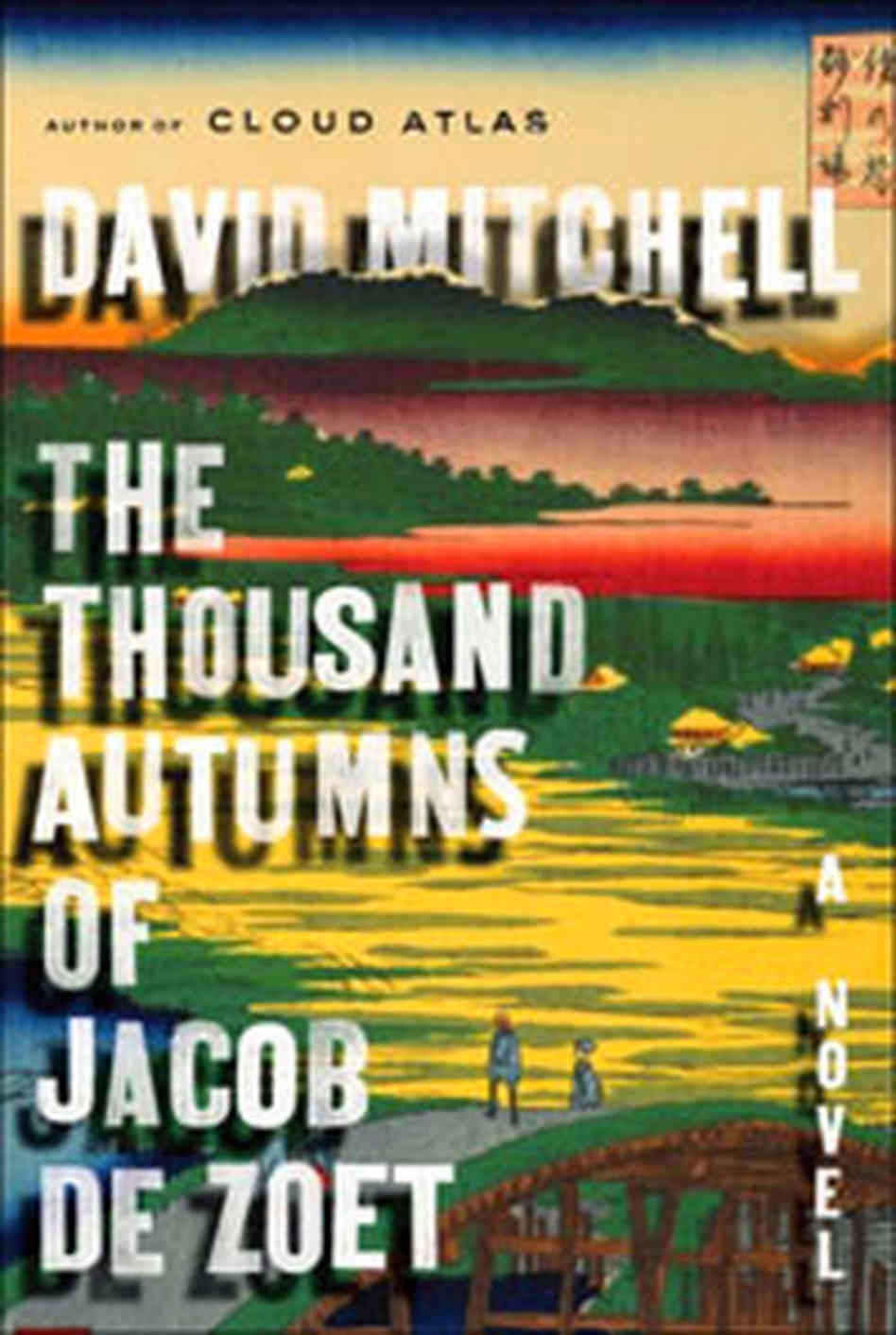Review of 'The Thousand Autumns of Jacob de Zoet' on 'Goodreads'
5 estrellas
I don't think I've read a David Mitchell book yet that I didn't love. This is in many ways a much more straightforward book than you might be used to from him, but the combination of vivid writing, humour, an incredible amount of historical research (it's set on a Dutch trading outpost in the bay of Nagasaki in 1799) makes it if anything an ever stronger read.
How he straddles the different sensibilities of the Dutch, Japanese and English through language is amazing, but of course this wouldn't count for much if it wasn't also a very emotionally captivating novel.
I don't think I've read a David Mitchell book yet that I didn't love. This is in many ways a much more straightforward book than you might be used to from him, but the combination of vivid writing, humour, an incredible amount of historical research (it's set on a Dutch trading outpost in the bay of Nagasaki in 1799) makes it if anything an ever stronger read.
How he straddles the different sensibilities of the Dutch, Japanese and English through language is amazing, but of course this wouldn't count for much if it wasn't also a very emotionally captivating novel.

